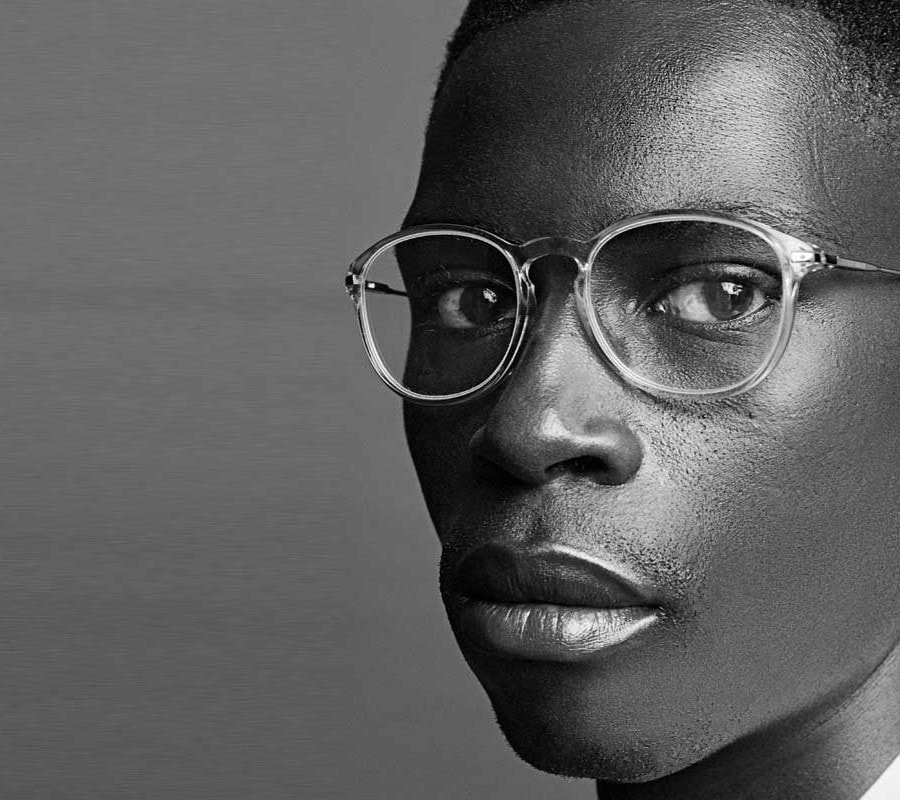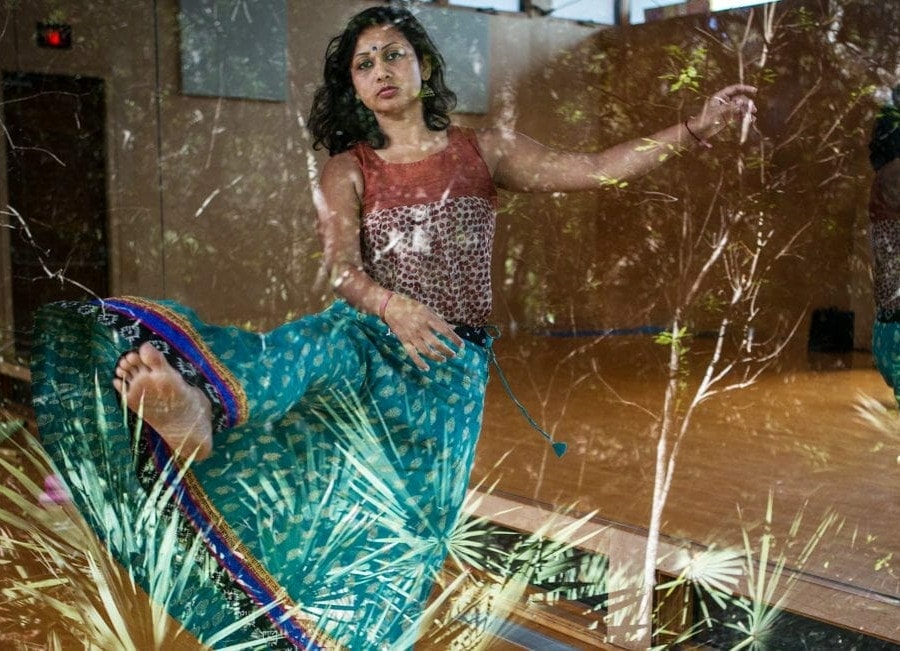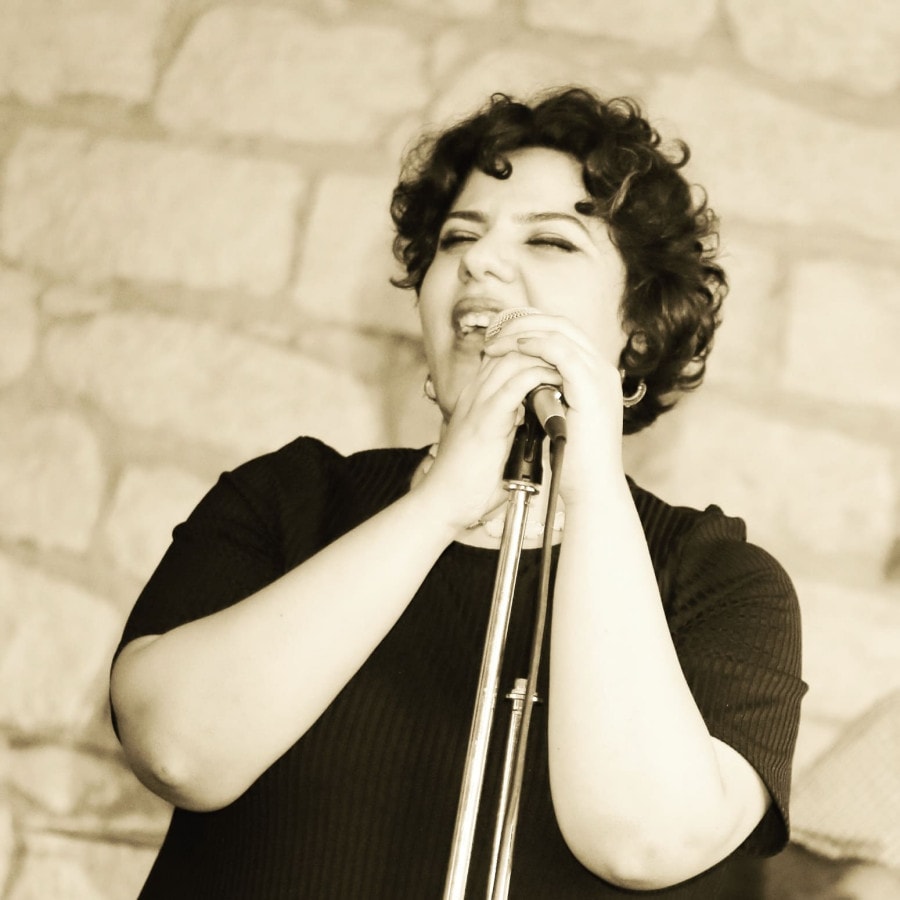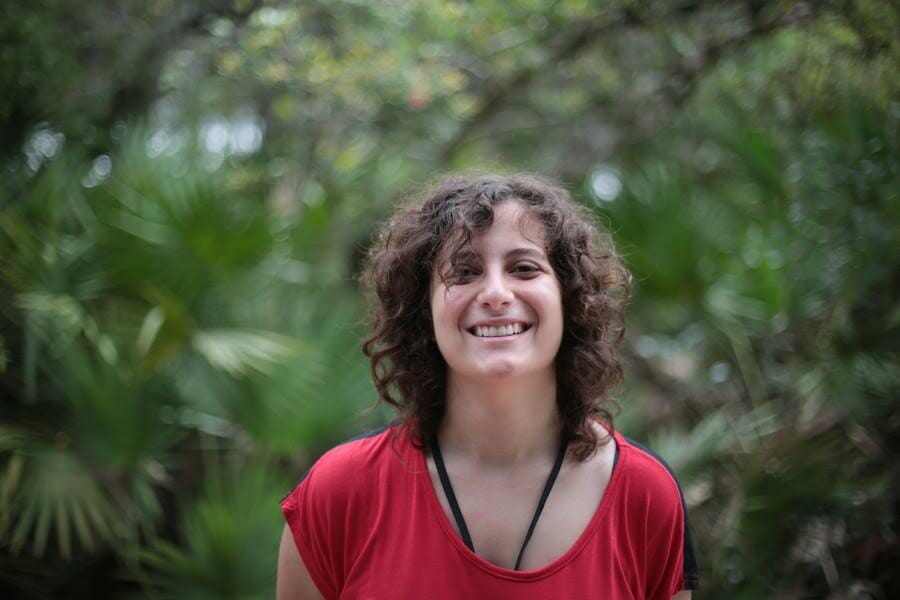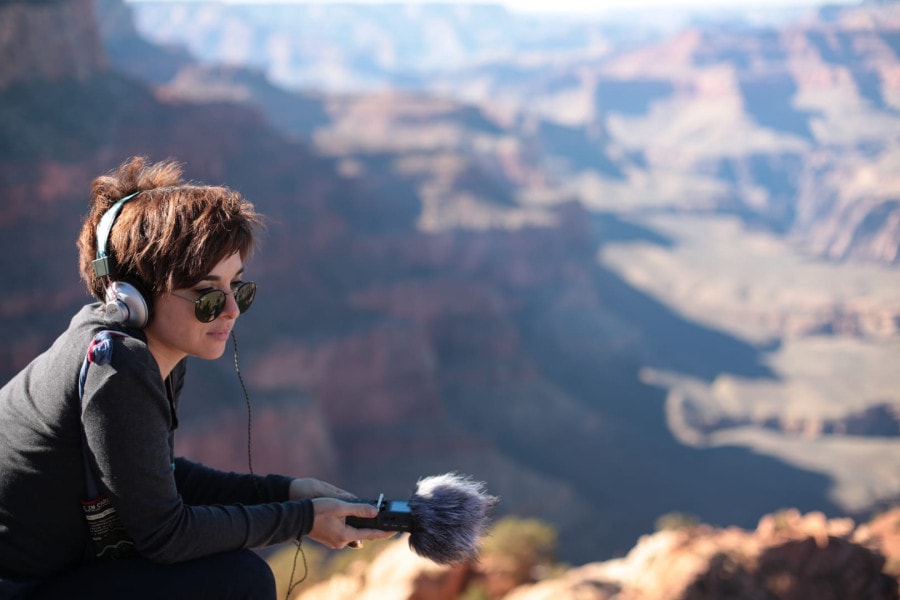
Kyla-Rose Smith (OneBeat 2014) is a Brooklyn/Cape Town-based violinist and organizer. Elena Moon Park is a Brooklyn-based violinist and co-director of OneBeat. Fellow-to-Fellow is an ongoing interview series featuring in-depth discussions between OneBeat alumni.
**
Elena Moon Park: Why do you think it’s important for people from different cultures to share an experience through music?
Kyla-Rose Smith: Music has been a part of culture and cultural identity since time immemorial. I think that more and more, especially in a younger generation, music is a cultural identifier – your tastes determine with what and with whom you align yourself, they help you to identify your ‘tribe’ so to speak. So I think that being able to share something as universal as music is akin to being able to share the experience of finding one’s self in the confusion and complexity of life and living.
I also believe that with the homogenization of culture that exists and is somewhat pervasive in the world today, music still has the ability to preserve cultural identity, particularly with more traditional forms of music. The act of performing this music is an act of preservation and a safe guarding of age old traditions which might otherwise be lost, it is an important form of oral history and storytelling.
EMP: What drives your own music-making? Why or how is collaboration important for you art?
KRS: Connection and the ability to make the ‘unseen’ visible through the creation and curation of a unique experience for and audience or listener. More than anything I have a great passion for the art of performance, and the almost inexplicable way in which people are momentarily moved by sound, music and performance – the way in which an artist connects to people, purely because they themselves have a deep connection to what they are doing. I think the great beauty and uniqueness of music as an art form is that it is a process of collaboration, whether it be with a group of musicians on stage or between a solo performer and their audience. For me, collaboration is an absolutely necessary part of making music, and of being an artist. I think that my experience of life (so far) is one of collaboration, and it is this feedback loop that inspires me, in all things.
EMP: What is your favorite or most meaningful memory from OneBeat?
KRS: This is a difficult question! The overall experience of OneBeat was extremely meaningful to me – the process of being thrown together with a bunch of strangers, and being forced to “make it work” in a way. That said, and this is perhaps a reflection of that, I think the final show at The Railyards in Albuquerque was very meaningful – a powerful performance that moved an audience to a standing ovation – an audience that in many ways had no idea what to expect when they arrived, but they obviously arrived open, and were moved by a group of strangers from many different places. And not only an audience but also the performers themselves who were in tears at the end of the show, because it was the last one, and because the experience had been so meaningful and powerful for everyone who took part. This for me is the great power of music – a kind of great leveler, that brings people back to their fundamentals, their humanness.
EMP: What was the most meaningful lesson learned from your extensive touring life, and/or from the people you met / places you experienced while touring?
KRS: Quite honestly I think touring made me somewhat jaded over time. As wonderful as the experience of being able to play music and travel the world for a living is, I feel that more often than not I felt disappointed. I started to feel like all big cities were the same, that there is a homogenization of culture that kills the charm of travel. That it is very difficult to retain one’s sense of identity and self in the face of this tide. Here’s a bit of reading on that.
I think the lesson for myself in all of that experience was that a musical life, and a musical career has to mean more to you than money, or ‘a gig’ – it has to be for some higher purpose in yourself. As musicians we have an incredible skill and talent – which is being able to connect and communicate with strangers without language – anywhere in the world, from the smallest, dustiest village to the world’s global capital’s – and that is an incredible power and shouldn’t be wasted.
EMP: Why did you decide to move on from your band?
KRS: Growth – I think because of the lesson I learned while touring, and performing for 15 years – as mentioned in the answer above. I also think that creatively it had run its course for me, and it was time to find a new challenge, and a way to challenge myself and perhaps put myself in an uncomfortable position so that I could find something new, and a new inspiration.
“Art is man’s challenge to time, his rebuke to chaos; the protest will survive neither the triumph of fire, nor the finality of ice — but it is better than the silence of consent.” ~Dr. Idel Dreimer
